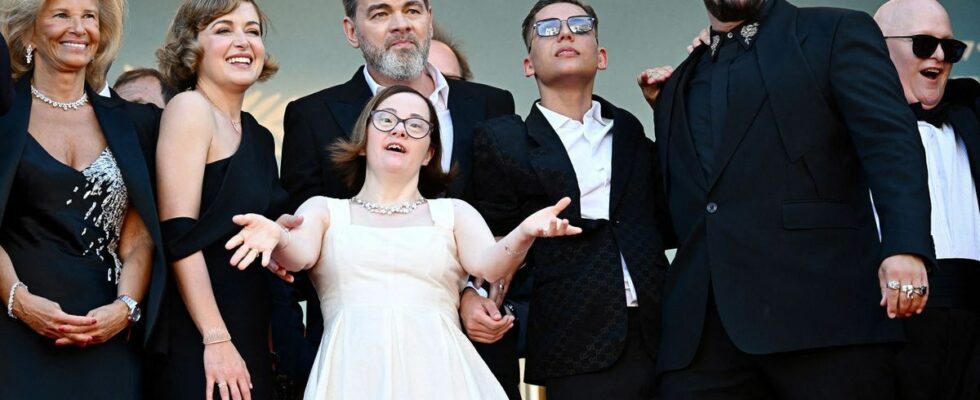Published on
Updated
Reading 2 min.
Nearly seven out of ten people regret a lack of representation of people with disabilities in series and films, reports an American study. However, these viewers have a higher television consumption than so-called “able-bodied” people.
Even though they spend more hours in front of the TV than other so-called “able-bodied” viewers, people with disabilities will always have more difficulty recognizing themselves through the characters in the programs they watch. This is what the latest study conducted by the non-profit organization, Inevitable Foundationconducted among more than 1,000 people, divided equally between “able-bodied” and “disabled” people. 66% of respondents said they were dissatisfied with the current representation of people with physical and mental disabilities in cinema and on television.
Worse still, more than 25% of respondents believe that more than 90% of the representations of disabled people they have seen in the past year are far from reality.
Although diversity is trending in Hollywood, people with disabilities are still left out. And yet, they are bigger consumers of television than so-called “able-bodied” people. According to the report, 63% of people with disabilities watch more than 10 hours of television per week, compared to 55% of “able-bodied” people. In fact, 35% of them devote more than 20 hours to it, compared to 25% of so-called “able-bodied” people.
A loyal audience
And yet, the public is keen on this kind of more inclusive programming. While some would not hesitate to spend to have access to a platform with more representation of people with disabilities, more are considering canceling their subscription otherwise. 20% of the public, with or without disabilities, would consider subscribing to a new streaming platform or going to the cinema more often if the content “contain authentic depictions of people with disabilities or mental health issues“, the report highlights. 26% even say they would be prepared to cancel their subscription if the series or films spread stereotypes that could harm people with physical and mental disabilities.
This lack of authentic representation clearly leads 31% of the public to believe that there is no suitable streaming platform.
Yet the audience that this community represents is not to be taken lightly. While they are loyal viewers, they are also very engaged. 43% of those surveyed say they regularly share and discuss films and television series that offer a more faithful representation of people with mental or physical disabilities. 40% are even more likely to recommend such programs to their friends and family.
Just like programs that offer a better representation of religion, this type of content could help deconstruct certain stereotypes that are still too present on screen and in the industry. Recently, the casting of the film “Un p’tit truc en plus” directed by Artus, composed of actors and actresses with disabilities, was at the heart of a controversy. Indeed, no luxury brand agreed to dress them for the red carpet at the last Cannes Film Festival. Released on May 1, the comedy became the biggest success of the year in France with more than nine million admissions.
